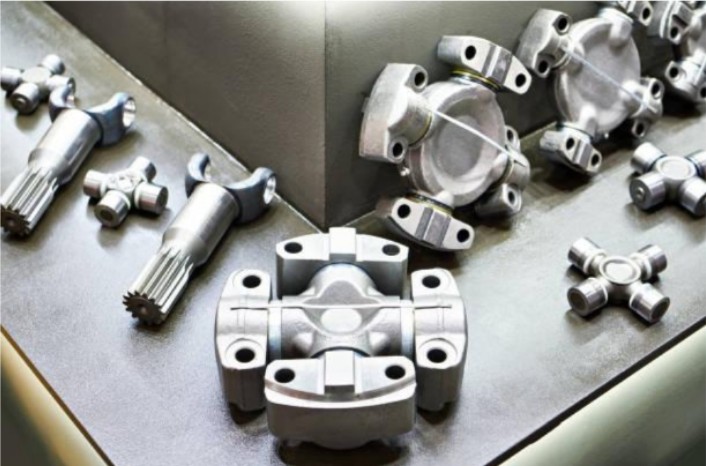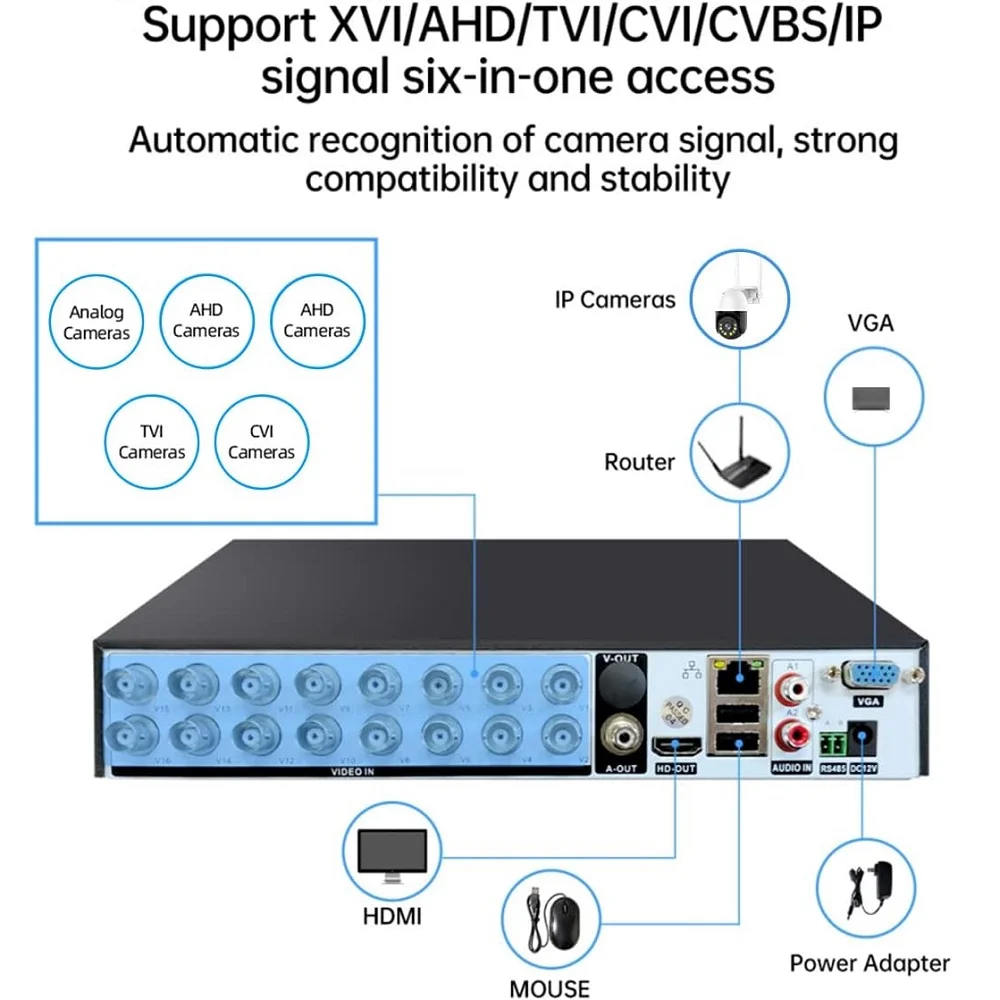Producing custom metal parts remains a significant advantage in today’s highly competitive market. Industries such as aerospace and automotive greatly benefit from the precision and versatility of custom metal manufacturing.
Moreover, custom metal manufacturers employ advanced techniques to create parts that meet exact specifications to ensure both functionality and quality. This article explores the various methods used in custom metal manufacturing and provides insight into choosing the suitable metal manufacturing company for your needs.
What is Custom Metal Manufacturing?
Custom metal manufacturing involves the creation of metal parts tailored to specific requirements and specifications. Unlike standardized mass production methods, which focus on producing large quantities of identical parts, custom metal manufacturing caters to unique designs, complex geometries, and specialized functions. This type of manufacturing is essential for industries that demand high precision, quality, and customization. They include industrial machinery, aerospace, automotive, and medical instruments.
Custom metal manufacturing comprises various processes and techniques, each suited to different projects and materials. These processes include CNC machining, sheet metal fabrication, metal casting, and 3D printing. Each method offers distinct advantages in precision, production speed, cost-effectiveness, and material compatibility. By understanding the various techniques and their applications, custom metal manufacturing companies can choose the most suitable method for their specific needs to ensure optimal results in their manufacturing projects.
4 Ways to Custom Metal Parts
automatic measurement machine at work
Custom metal parts are pivotal in modern manufacturing, offering tailored solutions for diverse industry needs. Therefore, understanding the various methods of custom metal fabrication remains crucial for manufacturing companies seeking to streamline their production processes and attain superior results.
Below are the four primary approaches to custom metal parts manufacturing, each presenting unique advantages and applications:
CNC Machining
CNC (Computer Numerical Control) machining is a subtractive manufacturing process that uses computerized controls to operate and manipulate machine tools. It remains highly regarded for its precision and ability to manufacture intricate parts with tight tolerances.
With capabilities ranging from 3-axis to advanced 5-axis machining, manufacturers employ these processes to create custom components with intricate details and high accuracy. Additionally, CNC machines can handle different types of metals, including aluminum, steel, titanium, copper and more.
Sheet Metal Fabrication
Sheet metal fabrication is versatile and cost-effective for custom metal parts manufacturing. This process involves cutting, bending, and assembling metal sheets to create custom parts of varying shapes and sizes.
Sheet metal fabrication finds applications across numerous industries. What’s more, the process also offers rapid prototyping and scalability for both low and high-volume production runs.
Metal Casting
Metal casting remains a fundamental technique in custom metal manufacturing, enabling the production of parts with fine details. This process entails pouring molten metal into a mold cavity, where it solidifies to assume the shape of the desired component. There are various types of casting techniques, including sand casting, die casting, and investment casting.
Metal manufacturers use each technique for different applications and material requirements. Similarly, metal casting finds extensive use in critical industries such as energy and aerospace, where components like turbine blades and engine casings demand precise fabrication.
3D Printing
3D printing, or additive manufacturing, constructs parts layer by layer from a digital model. This technique offers exceptional flexibility in design and can produce intricate structures that are difficult to obtain with other manufacturing methods.
Metal additive manufacturing offers rapid prototyping, reduced material waste, and the ability to produce customized components with minimal tooling requirements. Hence, this manufacturing technique is increasingly popular for creating prototypes, custom medical implants, and intricate aerospace components.
Main Considerations for Choosing a Favorable Metal Manufacturing Company
Several factors come into play when choosing a metal manufacturing company. By carefully evaluating these considerations, you can make an informed decision about the company that best aligns with your project requirements and objectives.
Here are some key things to consider:
Cost
Cost is often a significant consideration when choosing a metal manufacturing company, as it directly affects the project’s budget and profitability. While competitive pricing is crucial, it’s equally important to ensure that you receive value for your investment.
Consider factors like material quality, production efficiency, and added services like finishing and assembly. By obtaining detailed quotes and comparing pricing structures, you can identify a manufacturer that offers the best balance of cost-effectiveness and quality for your specific requirements.
Quality
Quality is another pivotal factor to consider when selecting a metal manufacturing company. Poor-quality parts can lead to product failures, customer dissatisfaction, and costly rework. Therefore, it’s advisable to find a manufacturer with a proven history of delivering high-quality products that meet industry standards.
Check for certifications such as ISO 9001, demonstrating a commitment to quality management systems and industry standards. Additionally, consider the manufacturer’s quality control processes, inspection procedures, and testing capabilities to ensure stringent quality standards are met throughout production.
Lead Time
Timely delivery of metal parts is essential to keep your project on track. Selecting a manufacturer with efficient production processes and streamlined workflows can minimize lead times and ensure the timely delivery of parts.
Communicate your project timelines and expectations clearly with potential manufacturers to assess their capacity and ability to meet your deadlines. Additionally, inquire about expedited production options and lead time guarantees to mitigate risks associated with production delays.
Quantities
The required quantities of custom metal parts can vary significantly depending on project specifications, market demand, and production timelines. For this reason, choose a manufacturer that can accommodate your quantity requirements, whether for small-scale prototypes or large-volume production runs. This is essential to ensure scalability and flexibility in your supply chain. Discuss your volume requirements and production forecasts with potential manufacturers to assess their scalability and ability to meet fluctuating demand levels.
Conclusion
Custom metal manufacturing empowers industries with the flexibility to create bespoke solutions that meet exacting specifications. Companies leverage advanced processes like CNC machining, sheet metal fabrication, 3D printing, and metal casting to navigate the complexities of modern manufacturing and deliver quality products. Above all, selecting a suitable metal manufacturing partner remains crucial for the success of your project. You can make a thoroughly informed choice that suits your requirements by evaluating cost, quality, lead time, and quantities.
At Zintilon, we are committed to delivering superior manufacturing services to customers worldwide. With a reputation built on precision parts and prototyping expertise, we strive to exceed your expectations at every step. Reach out to learn more about how we can meet your custom metal manufacturing needs today.





Be First to Comment